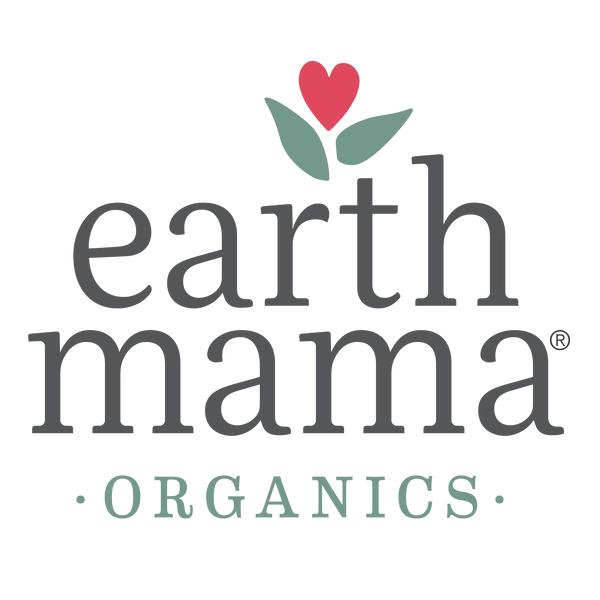
I’ve been pondering the apparent plight of bees the past few days. I mean more so than usual. I tried to take a picture of the lavender that is dancing under the weight of bees that zip from one blossom to the next, but photographs just don’t capture the magic. Still pictures just can’t show that the lavender is bouncing under the weight of all the bee busyness.
There have been several theories about the causes of The Case of the Mysterious Bee Disappearance. These include the overuse of pesticides and herbicides, a version of the bee Swine Flu, viruses or mites, nutritional stress due to fewer available native plants, bee loss during commercial hive transportation, interference of bees’ flight/communication capabilities from cell phones. Some believe it’s the lack of nutritional diversity when hives are rented to pollinate single crops. Or it might be a multifaceted combo of all of these factors. Whatever it is, reduction of bees is not evidenced in my garden. The Lavender, Sunflowers, Echinacea and Oregano seem to be teeming each year with honey and bumble bees all working tirelessly. In fact, they work so hard they fall asleep after a hard day in the field and sleep so soundly they are hard to rouse in the morning. I love this bee high five.
As you may know, we don’t use beeswax to make any Earth Mama products, and it’s an issue that we put on the table from time to time. If we did use organic beeswax, the balms would have a smoother texture and they would all be eligible to be certified 100% organic. But before we make that decision, I want to believe that there is a long term sustainable supply of organic beeswax.
I have consulted the heads of many organic personal care product manufacturers that use large quantities of organic beeswax, and theyare definitely convinced that organic beeswax can be sustainably harvested without threat to the bee population on this planet. Queens raised naturally by the hive result in diversity, health and disease resistance of the species. The current commercial practice is to replace the queen every 1-3 years with a new queen that has been bred for honey production has led to the weakening of the bee species. Organic beeswax suppliers do not use this practice, thus helping contribute to the strength of the hive.
There are no “organic” bees, but organic beekeepers might have avoided CCD because they allow their bees to breed naturally and go naturally about their bee work (minding their own beeswax). Organic beekeepers are also less likely to use chemicals or antibiotics, or artificial feeding, and they keep their bees away from pesticide-laden crops.
I’d like to think that this planet, like our bodies, knows how to adapt, adjust and thrive. But when we mess with the natural order of things, the earth has an increasingly difficult job trying to meet feed our population and heal itself at the same time. I’d love to be convinced that the bees are I’d love to be 100% sure that if I use what the bees create I am not contributing to their demise before we make this decision. I’m in the business of nurturing mamas and babies, and protecting Mother Earth for them to enjoy is a huge part of that.
So this leaves us with finding answers and solutions. The answers to the problem are unclear. Figuring out how we can all help seems intuitively obvious. We can stop our use of pesticides and grow our vegetables and flowers without using chemicals that harm the earth. We can plant native and heirloom wildflowers and vegetables and support non-GMO agriculture to help ensure a bountiful feast for the bees. And don’t forget to pet them once in awhile.
